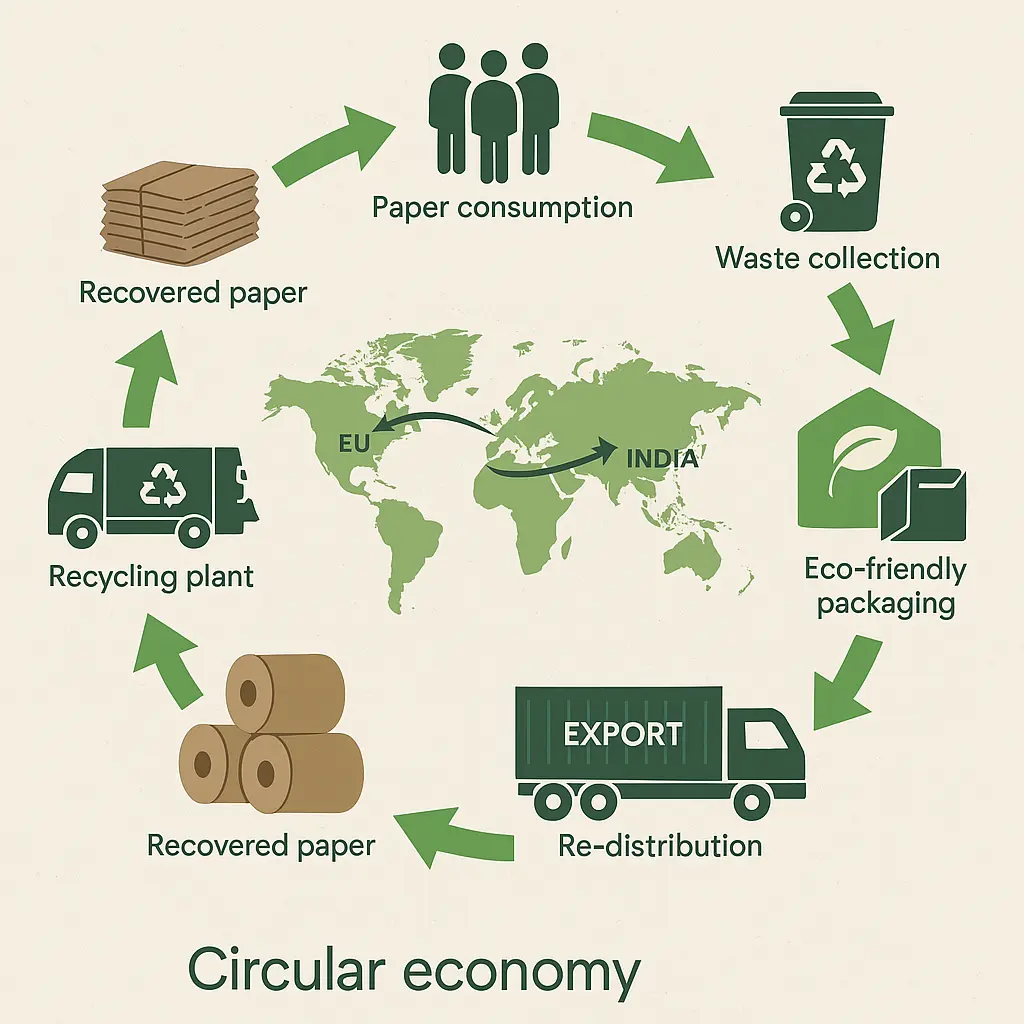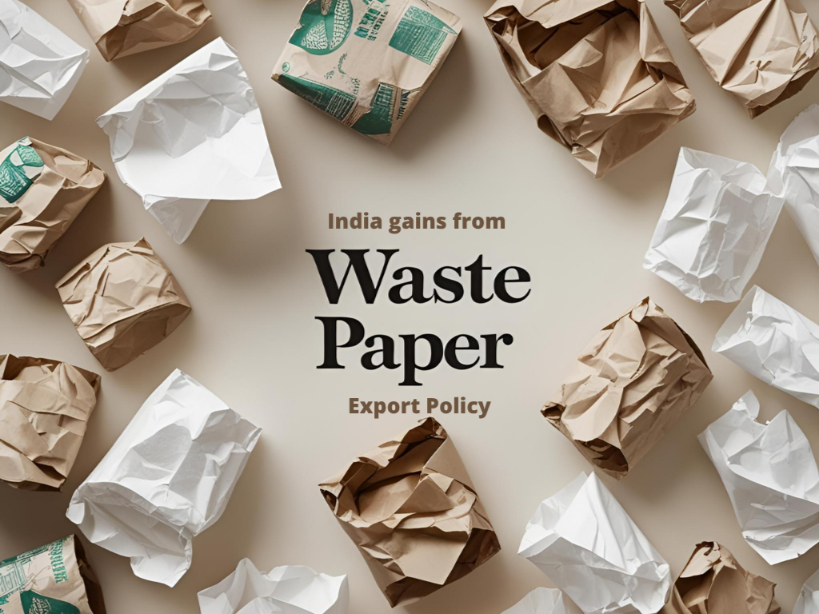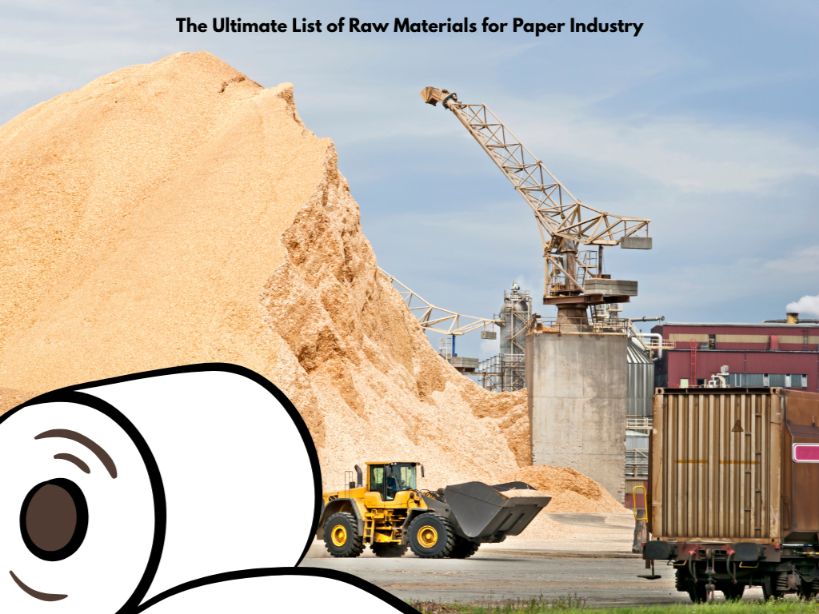INDIA GAINS FROM EU WASTE EXPORT POLICY SHIFT: A NEW CHAPTER IN CIRCULAR TRADE
As global sustainability practices evolve, so do the rules that govern how recyclable materials are traded across borders. A major shift is on the horizon with the European Union’s new Waste Shipment Regulation (WSR) 1157/2024, aimed at tightening control over the export of non-hazardous recyclable materials to non-OECD countries.
INDIA’S STRATEGIC ROLE IN THE GLOBAL RECOVERED PAPER MARKET
India has emerged as one of the 24 non-OECD countries officially approved to import recovered materials from the EU. This development is a significant boost for the Indian paper and packaging industry, which has seen a growing dependence on imported waste paper for its production needs. In 2023 alone, the EU exported approximately 2.3 million tonnes of recovered paper to India, a staggering increase of over 50% compared to the previous year.
As European paper production continues to decline, dropping by 13% in 2023, alongside a 7% decrease in domestic recovered paper consumption, exporting surplus recovered paper has become critical. With reduced demand and capacity within the EU, countries like India are playing a vital role in maintaining the circular economy by converting this surplus into high-quality recycled products.
EU’S STRICTER EXPORT POLICIES AND THEIR IMPLICATIONS
Under the updated WSR, countries outside the OECD were required to formally notify the European Commission by 21 February 2025 if they intended to continue importing non-hazardous EU waste. Only 24 nations, including India, Indonesia, Morocco, and Vietnam, successfully submitted their notifications. Countries failing to do so by the deadline risk losing access, as the EU will enforce a ban on exports to unlisted nations starting 21 May 2027.
The EU aims to ensure environmentally sound waste management and crack down on illegal trafficking by limiting exports to only those nations capable of handling waste responsibly. However, there are concerns that these restrictions may unintentionally harm Europe’s recycling ecosystem by creating a surplus of unexportable material, potentially leading to incineration or landfilling, counterproductive to circular economy goals.

WHY THIS MATTERS FOR INDIAN PAPER MANUFACTURERS
For Indian mills reliant on imported recovered fiber, this is a key opportunity. A more streamlined and predictable supply of EU recovered paper could:
- Stabilize input costs
- Improve production planning
- Support the expansion of domestic recycling capacity
India’s inclusion on the EU’s approved list reinforces its reputation as a reliable and compliant recycling destination, opening doors for more consistent supply chains and long-term trade partnerships.
The first official list of EU-approved export destinations is expected by November 2026, with updates every two years. Countries that missed the initial deadline can still apply, but they face uncertainty over whether their submissions will be reviewed in time.
As a forward-thinking exporter and supply chain enabler, Coniferous is closely monitoring these global developments. We remain committed to helping our partners across the paper and packaging ecosystem navigate new regulations, secure dependable supply routes, and capitalize on emerging opportunities in the recovered materials trade.


